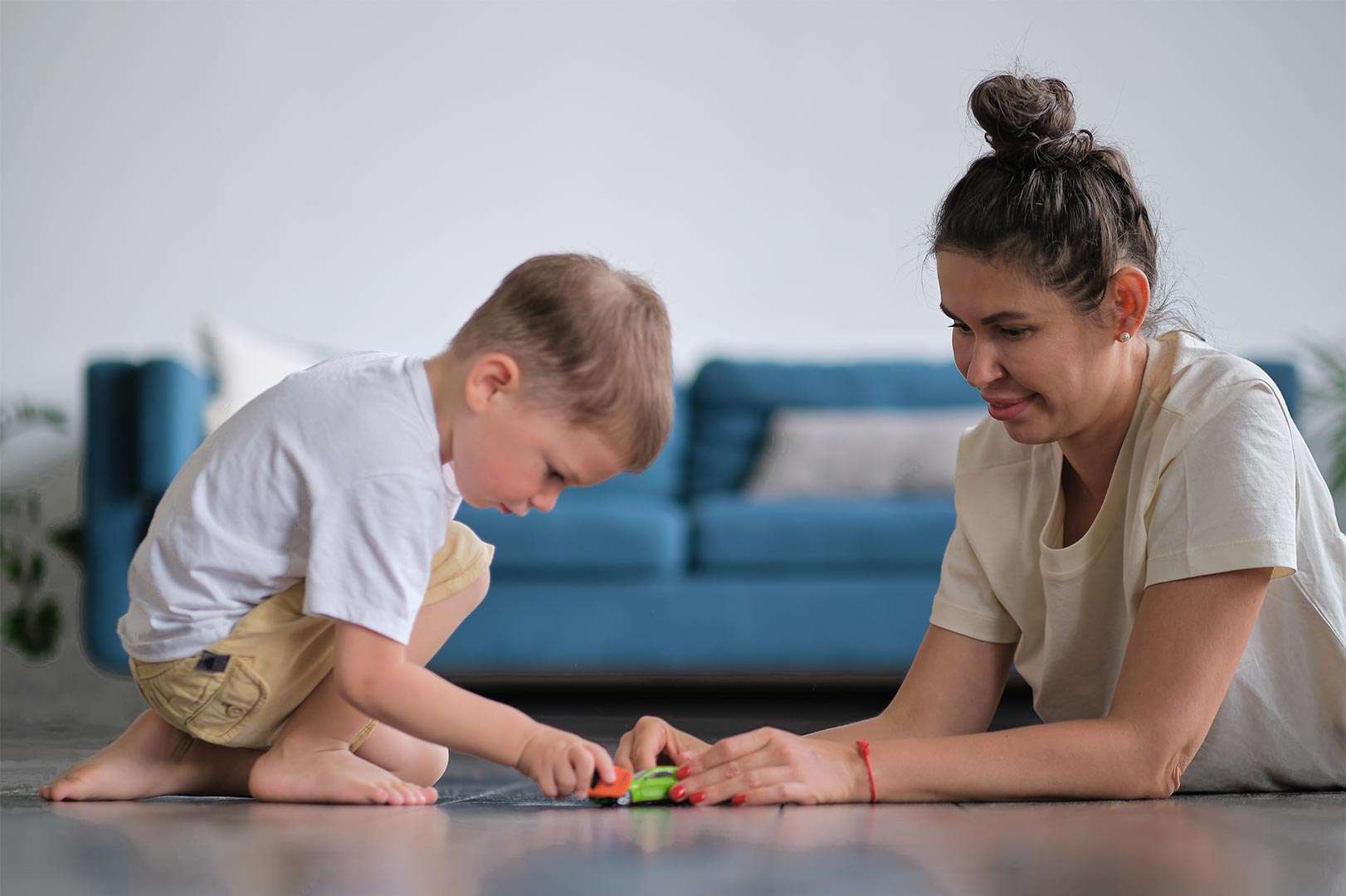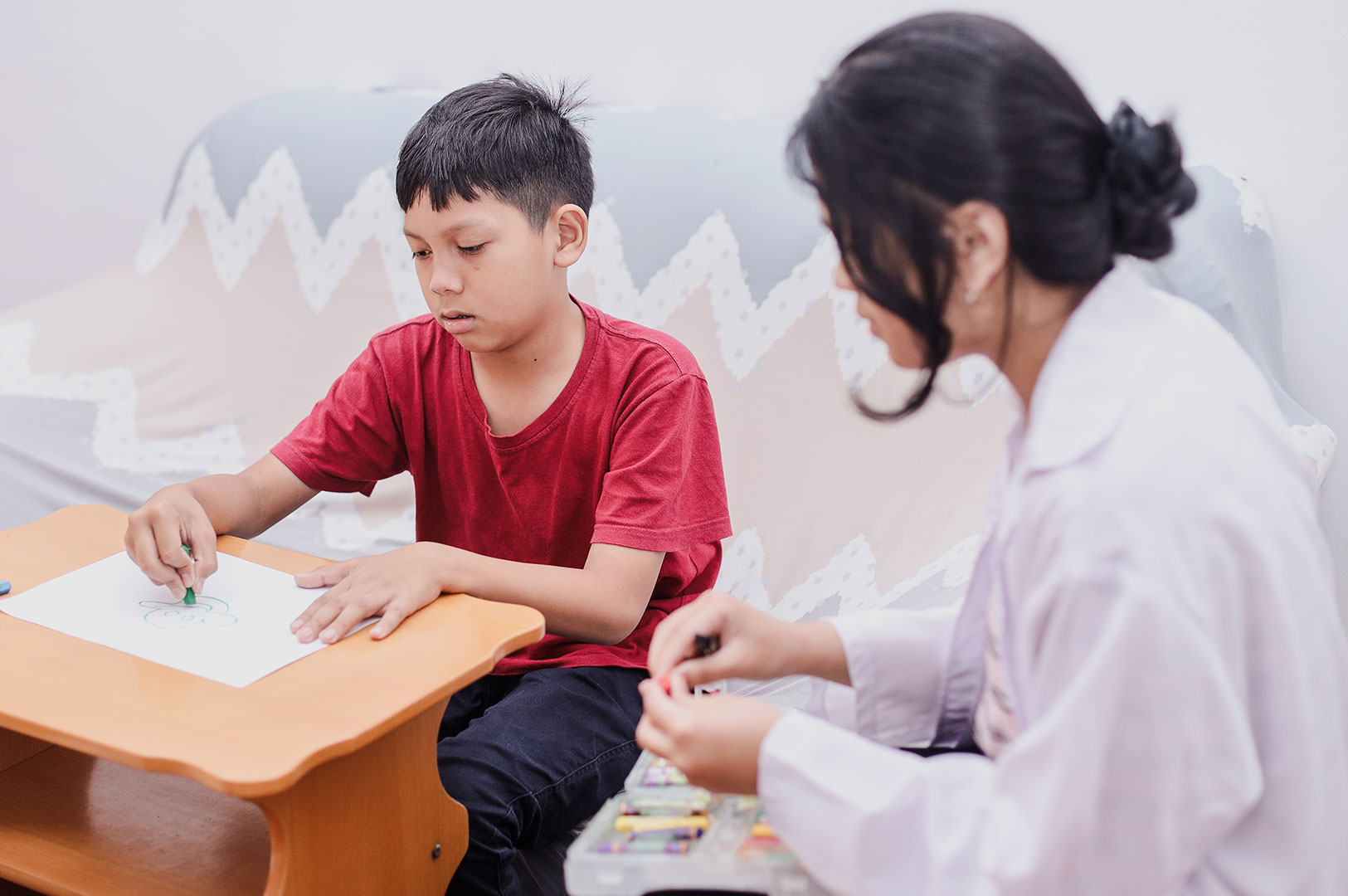Autism spectrum disorder (ASD) is a neurodevelopmental disorder that affects communication and behavior. People with ASD often have difficulty understanding and responding to social cues, and they may also have repetitive behaviors or interests. Anxiety disorders are a group of mental health conditions that involve excessive fear, worry, or anxiety.
There is a strong link between ASD and anxiety disorders. Studies have shown that up to half of all people with ASD also have an anxiety disorder. The exact causes of the link between ASD and anxiety are not fully understood, but it is thought to be due to a combination of factors, including:
- The way that people with ASD process information and experience the world
- The challenges that people with ASD face in social situations
- The sensory sensitivities that are common in ASD
- The stress of living with ASD
Types of Anxiety in Autism
There are many different types of anxiety disorders, and some are more common in people with ASD than others. Some of the most common types of anxiety in autism include:
- Social anxiety disorder: This is a fear of social situations and interactions. People with social anxiety disorder may worry about being judged or rejected, and they may avoid social situations altogether.
- Sensory anxiety: This is a fear of certain sensory stimuli, such as loud noises, bright lights, or certain textures. People with sensory anxiety may avoid these stimuli or experience anxiety when they are exposed to them.
- Separation anxiety disorder: This is a fear of being separated from a loved one, such as a parent or caregiver. People with separation anxiety disorder may become very upset or anxious when they are separated from their loved one, even for a short period of time.
- Panic disorder: This is a sudden and intense fear that is accompanied by physical symptoms such as a racing heart, shortness of breath, and dizziness. People with panic disorder may have panic attacks, which are episodes of intense fear that can last for minutes or hours.
Symptoms of Anxiety in Autism
The symptoms of anxiety in autism can vary depending on the individual and the type of anxiety disorder they have. However, some common symptoms include:
- Excessive worry or fear
- Avoidance of social situations
- Physical symptoms such as a racing heart, shortness of breath, or dizziness
- Difficulty concentrating or paying attention
- Irritability or anger
- Sleep problems
- Stomachaches or headaches
Diagnosing Anxiety in Autism
Diagnosing anxiety in autism can be challenging, as the symptoms of anxiety can overlap with the symptoms of ASD. However, there are a number of things that a doctor can do to diagnose anxiety in autism, including:
- A physical exam to rule out any medical causes of the symptoms
- A mental health evaluation to assess the individual’s thoughts, feelings, and behaviors
- Interviews with the individual and their family or caregivers
- Rating scales to measure the severity of the anxiety symptoms
Treating Anxiety in Autism
There are a number of different treatments available for anxiety in autism. The best treatment for an individual will depend on the severity of their symptoms and their individual needs. Some of the most common treatments for anxiety in autism include:
- Therapy: Therapy can help individuals with anxiety learn how to manage their thoughts, feelings, and behaviors. There are many different types of therapy that can be used to treat anxiety, including cognitive-behavioral therapy (CBT), exposure therapy, and relaxation techniques.
- Medication: Medication can be used to help reduce the symptoms of anxiety. However, medication should only be used in combination with therapy, as it is not a cure for anxiety.
- Support groups: Support groups can provide individuals with anxiety with a safe space to share their experiences and learn from others.
Coping with Anxiety in Autism
There are a number of things that individuals with autism can do to cope with anxiety. Some of these coping mechanisms include:
- Relaxation techniques: Relaxation techniques such as deep breathing, meditation, and yoga can help to reduce anxiety.
- Avoiding triggers: Identifying and avoiding triggers that cause anxiety can help to reduce the frequency and severity of anxiety attacks.
- Building a support network: Having a strong support network of family, friends, and professionals can provide support and guidance during times of anxiety.
- Learning self-advocacy skills: Learning how to advocate for yourself can help you to get the support you need to manage your anxiety.
Find out if your child needs extra support today!
- My child screams hysterically
- My child is mean to other children
- My child is always worried
- My child is scared to go to school
- My child is scared of loud noises
- My child doesn’t know how to read
- My child is scared to play outside
- My child does not respond to his name
- My child always gets in trouble
- My child fights with other children
- My child doesn’t know how to count
If you are concerned about your child’s development, contact us for Assessments: Phone/Telegram: 077.455.993 – Telegram Link: https://t.me/OrbRom
If you are concerned about your child’s development, contact us for Assessments.
Phone/Telegram: 077.455.993 Link: https://t.me/OrbRom






Leave A Comment